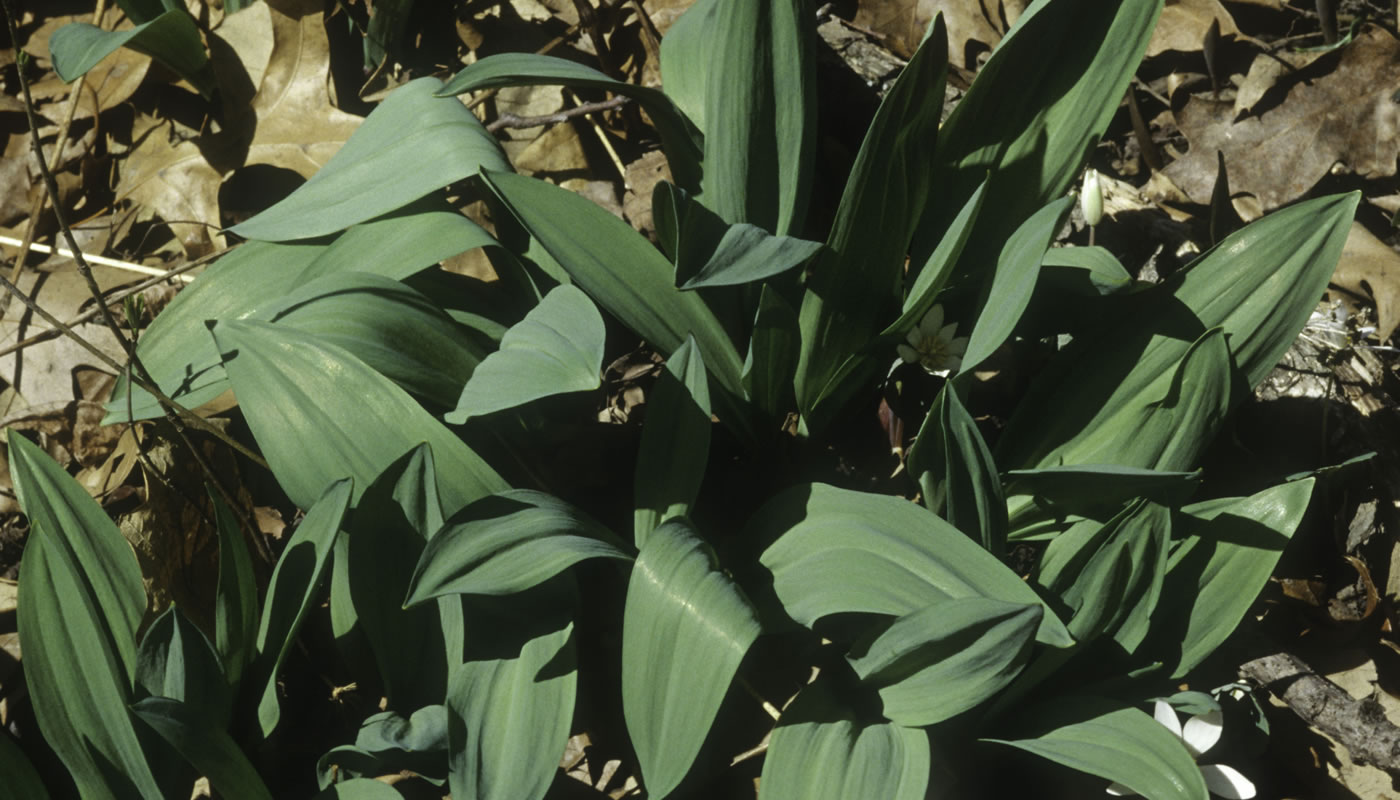Each spring, wild leeks (also sometimes called ramps) push up from wet woods across Cook County. Unfortunately, these fragrant, wild onion relatives attract poachers who uproot them for culinary uses, often severely degrading large areas of the woodland floor.
Though removal of plants or animals from the Preserves is strictly prohibited, poaching occurs year-round: thieves dig up ginseng, ginger, trillium and rare orchids, as well as taking mushrooms, butterflies, reptiles and amphibians, and more. Not only does this prevent other Forest Preserves visitors from enjoying these organisms, it also threatens species and ecosystems that are locally or even globally imperiled. Volunteers can help stop this damaging practice by calling the Forest Preserves Police non-emergency number at 708-771-1001 to report suspicious activity. (Sometimes it’s as obvious as off-trail hikers carrying large shopping bags full of fresh greens or buckets filled with shoveled-up plants.) Police will determine the legality of an activity, so just be the extra eyes and don’t directly confront poachers.
Rub a succulent leaf and you’ll smell why leeks are a prized spring delicacy in restaurants, especially those featuring local fare. If your favorite restaurant serves leeks seasonally, ask them where they come from. Limited collecting by agreement from private lands may be sustainable, but forest preserves near large urban areas and many other public lands can’t support the pressure and disturbance of this practice.

